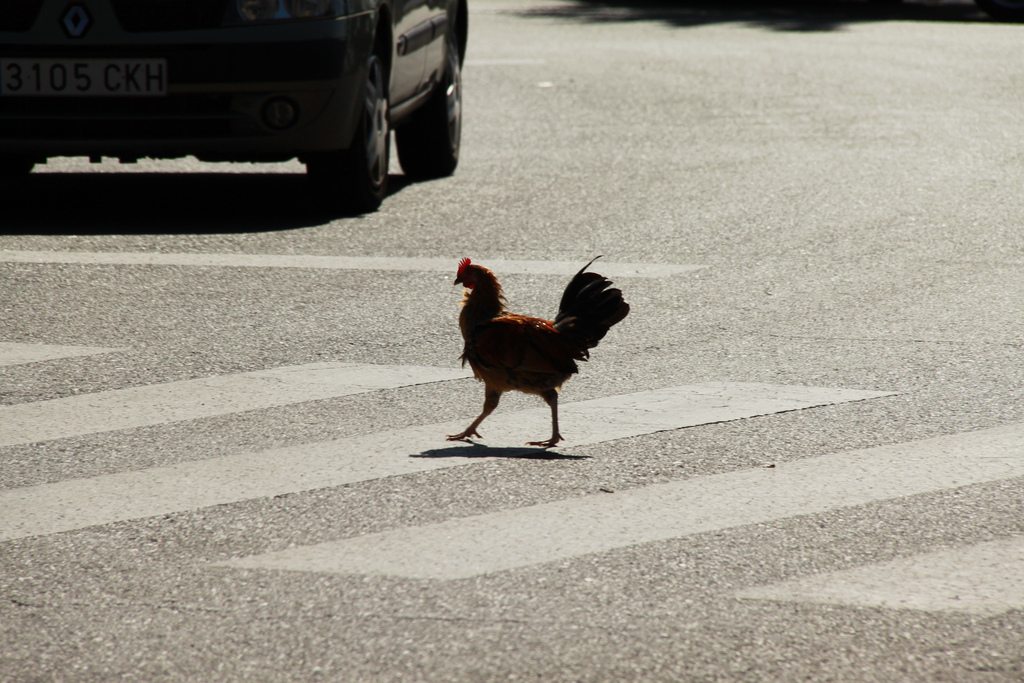Science explained: What makes a joke funny?
Who doesn’t love a good joke? Humans have been cracking gags for most of their lives (indeed, the oldest joke recorded dates back to 1900BC), and laughter is an important part of our lives. Perhaps that makes it all the more interesting that humour is a uniquely human phenomenon that scientists don’t really understand (although to paraphrase E.B. White, jokes are like frogs when you dissect them – no-one’s that interested and the frog dies…). With that in mind, let’s think about why jokes are funny.
Jokes are funny because the chance to laugh about the misfortune of others allows you to feel better about yourself.
The prevailing explanation is incongruity-resolution theory. It posits that a joke is a creature of two parts – a set-up and a resolution, and the incongruity between the set-up and the punchline results in a laugh. We can also quote the superiority theory – jokes are funny because the chance to laugh about the misfortune of others allows you to feel better about yourself. There’s one more to add to this – relief theory, or the idea that laughter serves as a release for psychological tensions (that is, sociocultural inhibitions and suppressed desires – the kind that got Freud ticking).
These theories have different values and they work well in explaining different jokes. Take one of Groucho Marx’s: This morning, I shot an elephant in my pyjamas. How he got into my pyjamas I’ll never know. We can interpret this using the incongruity-resolution theory and understand that the humour derives from the change of direction it takes in its punchline. It is necessary to note, however, that that these are only theories, and in a study of laughter by Robert Provine, only 20% of laughter actually results from jokes.
Laughter also has an important biological function – it helps us to affirm friendships and distinguish different social groups (you’ll laugh at others, but don’t like to be laughed at), and it serves as a way for the brain to deal with many types of confusion (soldiers at Yucca Flats in the 1950s reported that laughter was their first reaction to being caught in a nuclear blast).
There was a massive divide on cruder jokes – some loved them, some hated them.
The study of humour led British psychologist Richard Wiseman to search for the funniest joke in the world – he compiled a massive database of gags and asked millions of people to rate. There was a massive divide on cruder jokes – some loved them, some hated them – and he also came up with some interesting findings. The animal statistically likeliest to be funny is the duck (presumably because they’ll quack you up), and Americans prefer jokes that slightly aggressive in tone.
Obviously, comedy is a very subjective thing, but I present to you Wiseman’s (and, therefore, science’s) funniest joke:
Two hunters are out in the woods when one of them collapses. He’s not breathing and his eyes are glazed over, so his friend calls 999. “My friend is dead! What should I do?” The operator replies, “Calm down, sir. I can help. First, make sure that he’s dead.” There’s silence, then a loud bang. Back on the phone, the guy says, “Ok, now what?”

Comments